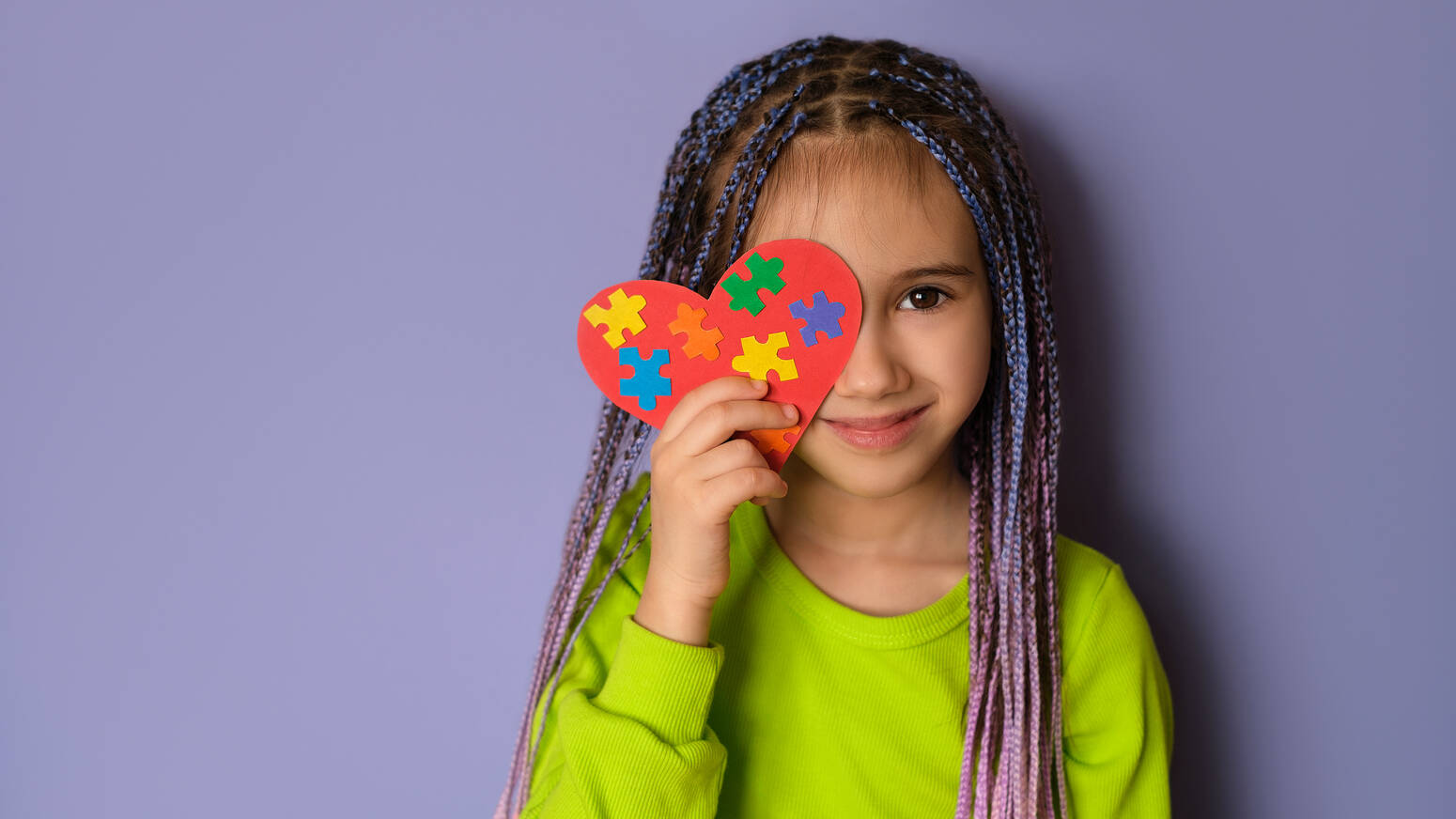- Every child with autism is unique — the phrase “if you’ve seen one child with autism, you’ve seen one child with autism” reflects the wide range of individual strengths and needs.
- Supporting a child with autism involves helping them build functional independence, including daily living and self-care skills such as showering and toileting.
- Developing communication skills, whether verbal or through alternative methods, is essential for lifelong success.
- Family well-being is critical — caregivers should prioritize self-care, connect with support groups, and access resources through local area agencies for developmental disabilities.
- The autism diagnosis describes behaviors, not the underlying causes. It helps families understand their child’s patterns and challenges more clearly.
- Families are encouraged to identify and celebrate their child’s strengths, emphasizing growth, understanding, and shared accomplishments.
Building Independence for Kids with Autism
Supporting a child with autism begins with understanding their unique strengths, fostering independence, and ensuring both the child and family have the tools and support they need to thrive.

Jennifer McLaren, MD, Pediatric Psychiatry


